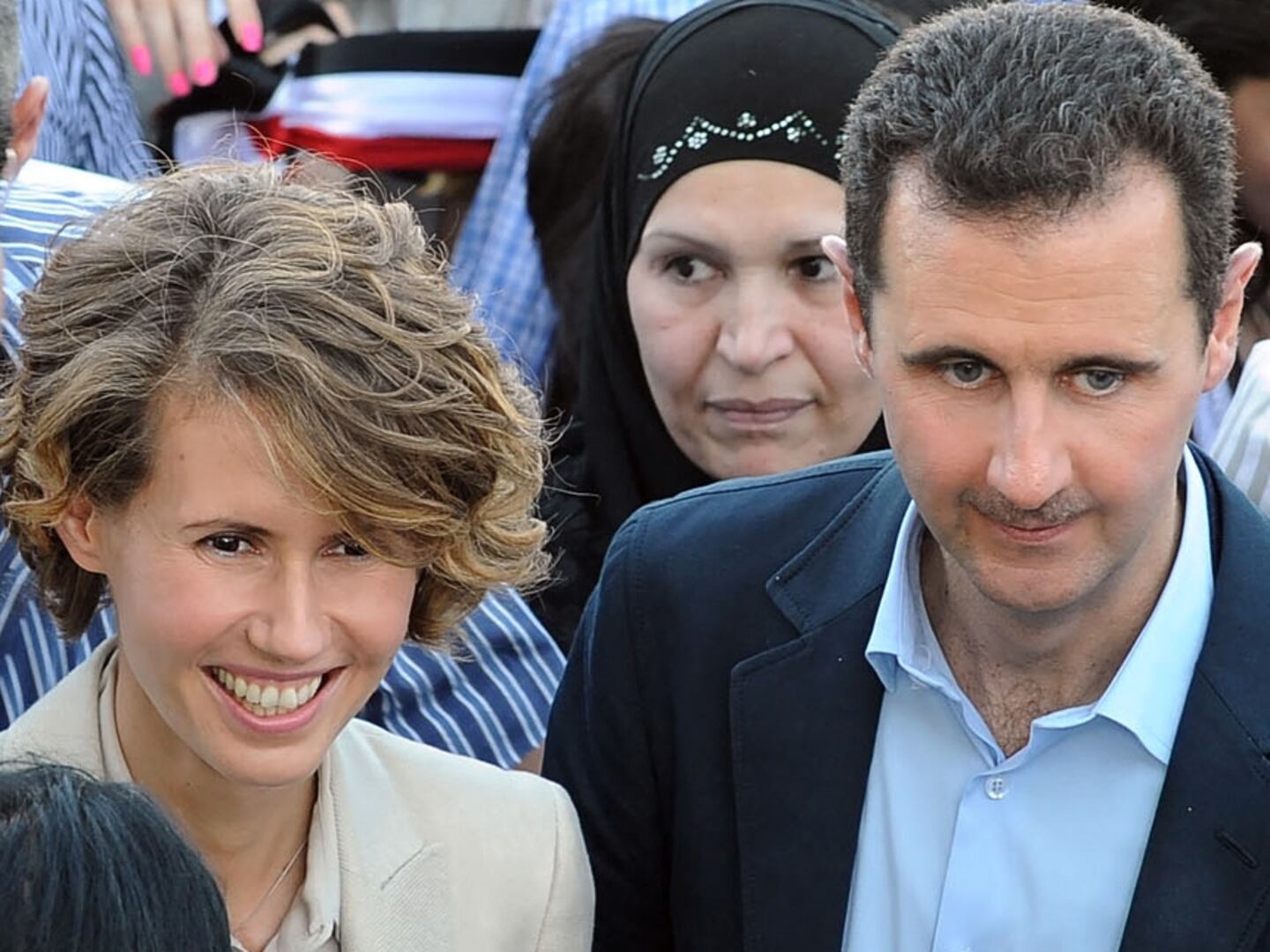Entertainment
Netflix
‘BoJack Horseman’ Creator Raphael Bob-Waksberg on Season 3 and That ‘Surprising’ Abortion Episode
DON’T ACT LIKE YOU DON’T KNOW
TV’s funniest Hollywood satire is back for a third season on Netflix. We spoke to the show’s creator about how it all came together.





